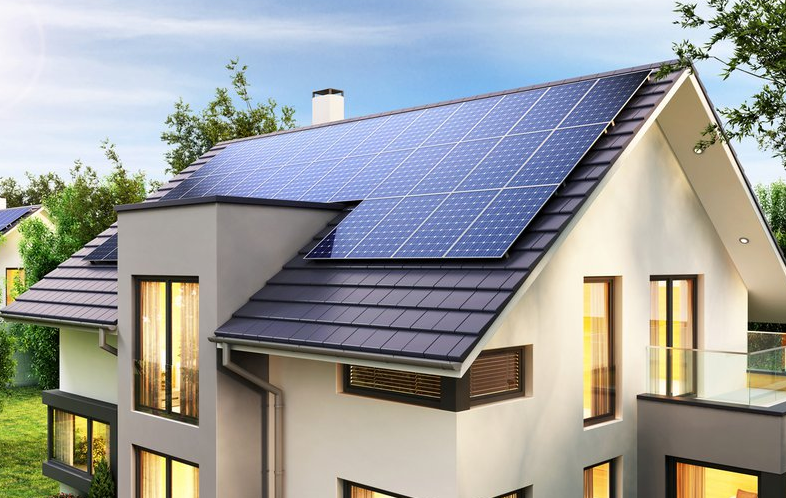Installing solar panels is a fantastic way to reduce your carbon footprint and save on energy bills. However, a successful solar panel installation requires some preparation to ensure everything goes smoothly. Whether you’re a homeowner considering solar power for the first time or looking to upgrade your current system, these tips and tricks will help you get your home ready for solar panel installation.
1. Assess Your Roof’s Condition
Before you even consider solar panels, it’s essential to evaluate the condition of your roof. Solar panels are a long-term investment, so you want to ensure your roof is in good shape.
- Check for Damage: Look for missing shingles, leaks, or any structural issues. Repair any damage before installation to avoid complications.
- Roof Age: Solar panels typically last 25-30 years. Ensure your roof has at least 15-20 years of life left before installation. If your roof is older, consider replacing it first.
2. Understand Your Energy Needs
Knowing your energy consumption is crucial in designing an efficient solar system.
- Review Past Bills: Look at your electricity bills for the past year to understand your average energy usage. This information will help you determine the size of the solar system you need.
- Consult with a Professional: A solar installer can conduct a detailed assessment of your home’s energy needs and recommend the appropriate system size.
3. Check Local Regulations and Permits
Solar panel installation involves local regulations and permits that you must comply with.
- Research Regulations: Contact your local government or check online for zoning laws, building codes, and any specific requirements for solar installations in your area.
- Obtain Permits: Ensure you have all necessary permits before starting the installation process. Your solar installer can often assist with this paperwork.
4. Choose the Right Solar Panel System
There are various types of solar panel systems, and choosing the right one for your home is crucial.
- Grid-Tied vs. Off-Grid: Decide whether you want a grid-tied system, which connects to the utility grid, or an off-grid system, which is standalone.
- Solar Panel Type: Consider the type of solar panels—monocrystalline, polycrystalline, or thin-film. Each has its pros and cons regarding efficiency, cost, and space requirements.
5. Optimize Your Roof’s Orientation and Shading
The efficiency of your solar panels depends significantly on their placement and orientation.
- Roof Angle: Ideally, solar panels should be installed at an angle between 15 and 40 degrees for optimal sun exposure.
- Minimize Shading: Trim any trees or shrubs that might cast shadows on your panels. Even a small amount of shading can significantly reduce their efficiency.
6. Plan for Electrical Upgrades
Solar panel systems may require upgrades to your home’s electrical system.
- Inspect Your Electrical Panel: Your existing electrical panel may need an upgrade to handle the additional load from the solar system. An electrician can assess and upgrade your panel if necessary.
- Install a Solar Inverter: The inverter converts the DC electricity generated by the panels into AC electricity used in your home. Make sure it’s installed in a well-ventilated, shaded area.
7. Select a Reputable Solar Installer
Choosing a qualified solar installer is critical to the success of your solar project.
- Research and Compare: Look for installers with good reviews, certifications, and experience in solar installations. Ask for references and check their track record.
- Get Multiple Quotes: Obtain quotes from several installers to compare prices and services. Ensure you understand what each quote includes—equipment, installation, permits, and warranties.
8. Prepare for Installation Day
Preparation on the day of installation can help ensure everything goes smoothly.
- Clear the Installation Area: Make sure the installation area is accessible. Remove any obstacles or vehicles from your driveway and yard.
- Stay Informed: Communicate with your installer about the schedule and any specific requirements. Being available to answer questions or provide access will help keep the installation on track.
Final Thoughts
Preparing your home for solar panel installation involves assessing your roof’s condition, understanding your energy needs, complying with regulations, and selecting the right system and installer. By following these tips and tricks, you can ensure a smooth and successful installation, bringing you one step closer to energy independence and sustainability.



